Working Offline? EchoAPI Doesn't Need Constant Internet Like Postman
As Postman increasingly relies on internet connectivity, its utility in secure, offline environments diminishes. EchoAPI emerges as a robust alternative, offering key advantages like offline operation, data privacy, and seamless Postman data import.
As a developer, I’ve always relied on Postman to test and debug APIs. It provided a robust platform to create, manage, and execute API requests easily. However, as Postman evolved, so did its dependency on a continuous internet connection, drastically reducing its offline usability.

In its early days, Postman was well-suited for offline work, but recent updates have made logging in and syncing data with the cloud a standard requirement. This shift has introduced several challenges, particularly for developers like myself who frequently operate in environments with strict data security protocols and limited internet access.
Challenges Faced with Postman's Increasing Online Dependency
-
Data Security Concerns:
Working on sensitive projects, data privacy is paramount. Constantly syncing my API data and requests to the cloud poses a significant security risk. An offline-first approach is essential to ensure that critical data remain within the secure confines of my company’s network. -
Intrusive Forced Logins:
The mandatory login process disrupts workflow, especially when working in environments with limited or no internet access. It becomes a hassle to verify and authenticate every time I need to execute a quick API test. -
Network Restrictions:
Many corporate environments operate within closed networks, prohibiting external communications. This makes Postman nearly unusable as it continuously attempts to connect to the internet for syncing and validation purposes.

The Discovery of EchoAPI: A Game Changer
Frustrated with these limitations, I sought an alternative and stumbled upon EchoAPI. The immediate benefit that caught my attention was its capability to operate entirely offline without any need for constant logins or internet connectivity.
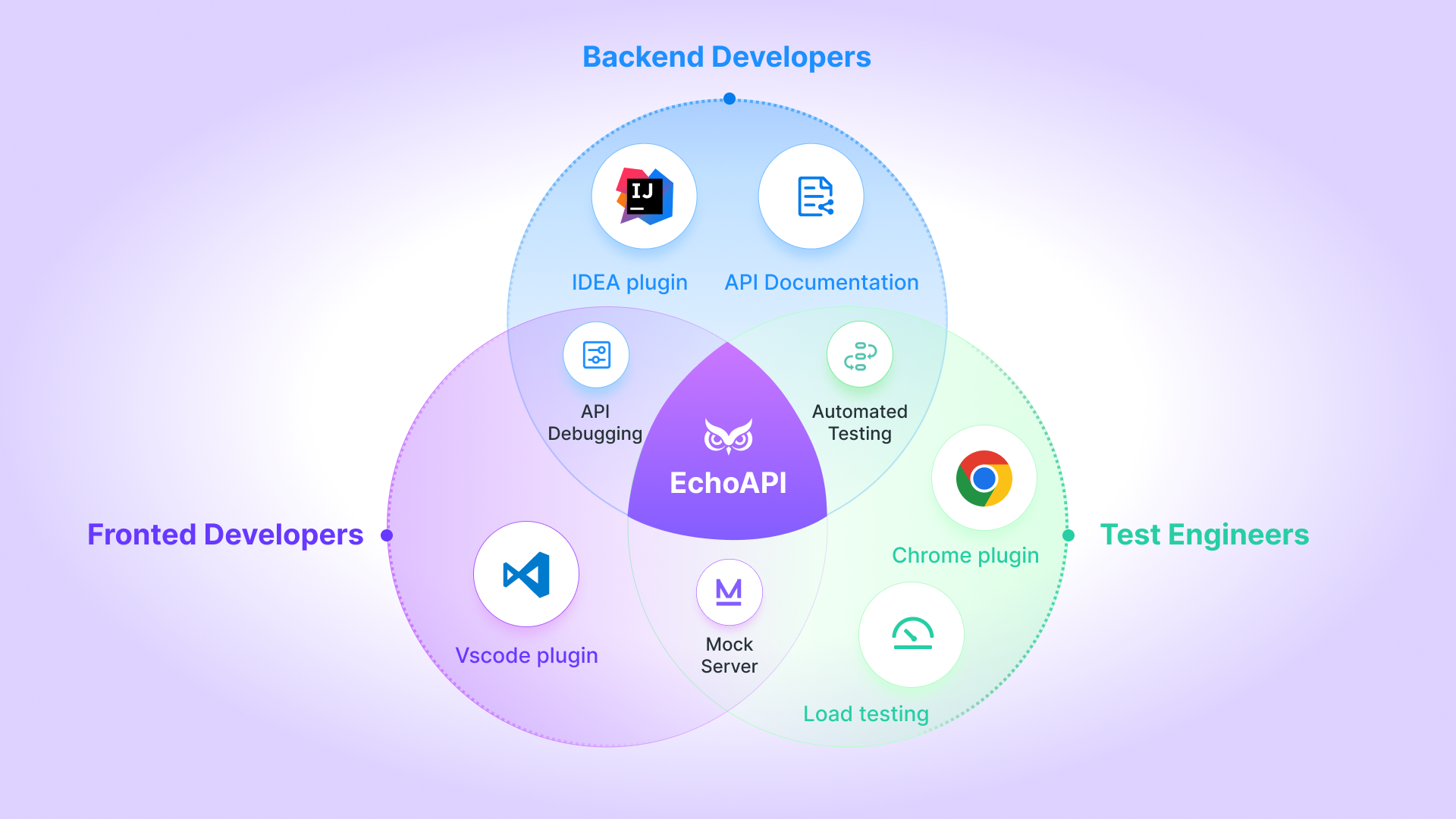
Key Advantages of EchoAPI:
- No Need for Consistent Login:
EchoAPI eliminates the need for internet access. It doesn’t require users to log in or sync data to the cloud, ensuring complete data privacy. This feature alone makes it significantly more usable in high-security environments.
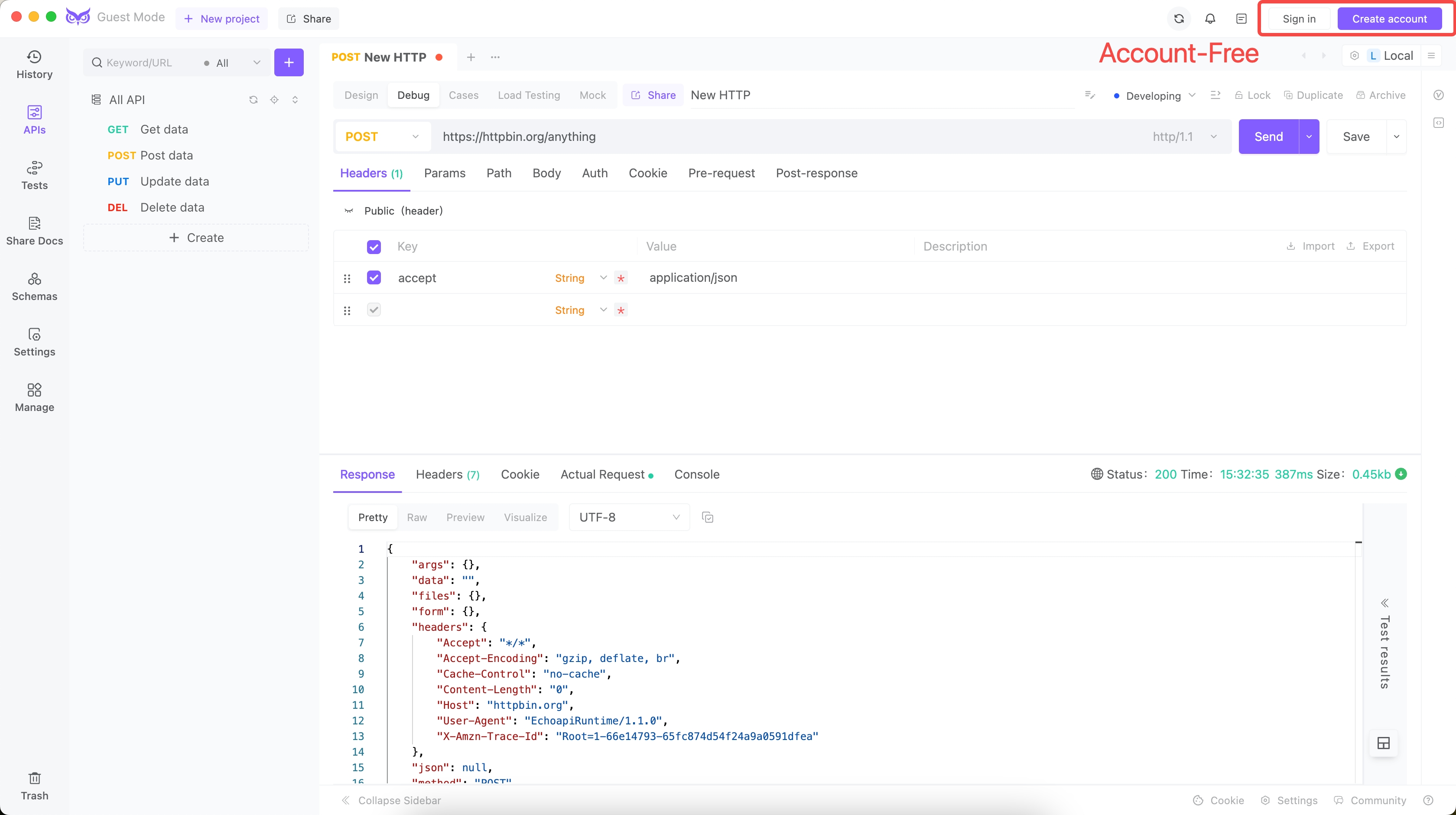
- Seamless Data Import from Postman:
Transitioning between tools can be daunting, but EchoAPI simplifies the process by enabling direct import of Postman data. I was able to migrate my existing collections, environments, and scripts effortlessly, saving both time and effort
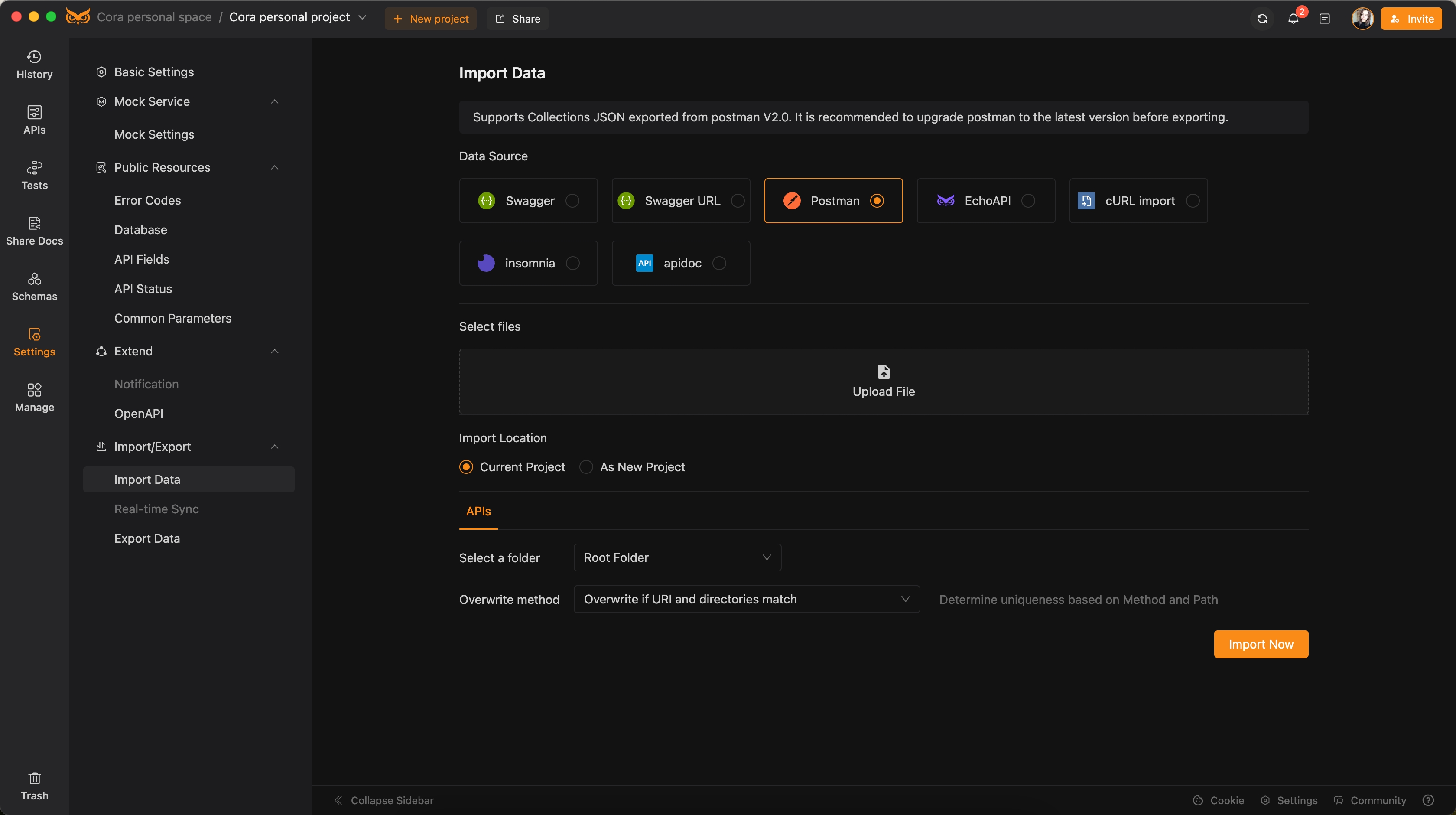
- Full Support for Postman Scripts:
EchoAPI fully supports Postman scripts, including pre-request and test scripts. This eliminated the need to rewrite any existing test cases or validation scripts, ensuring a seamless transition.
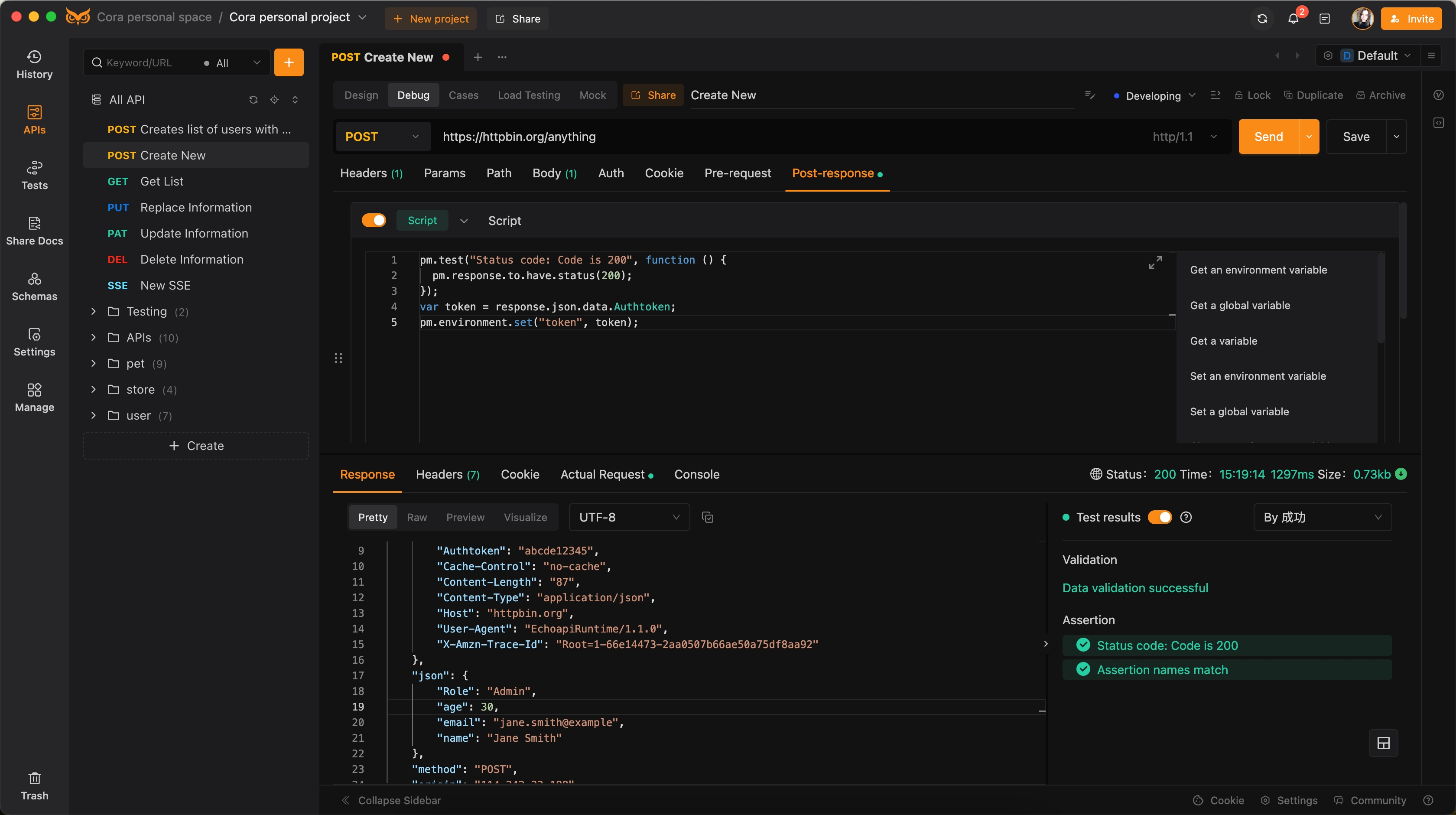
Enhanced Features Catering to Backend Developers
- Load Testing:
EchoAPI offers built-in one-click load testing capabilities, making it incredibly easy to assess how our APIs perform under different load conditions without the need for separate tools.
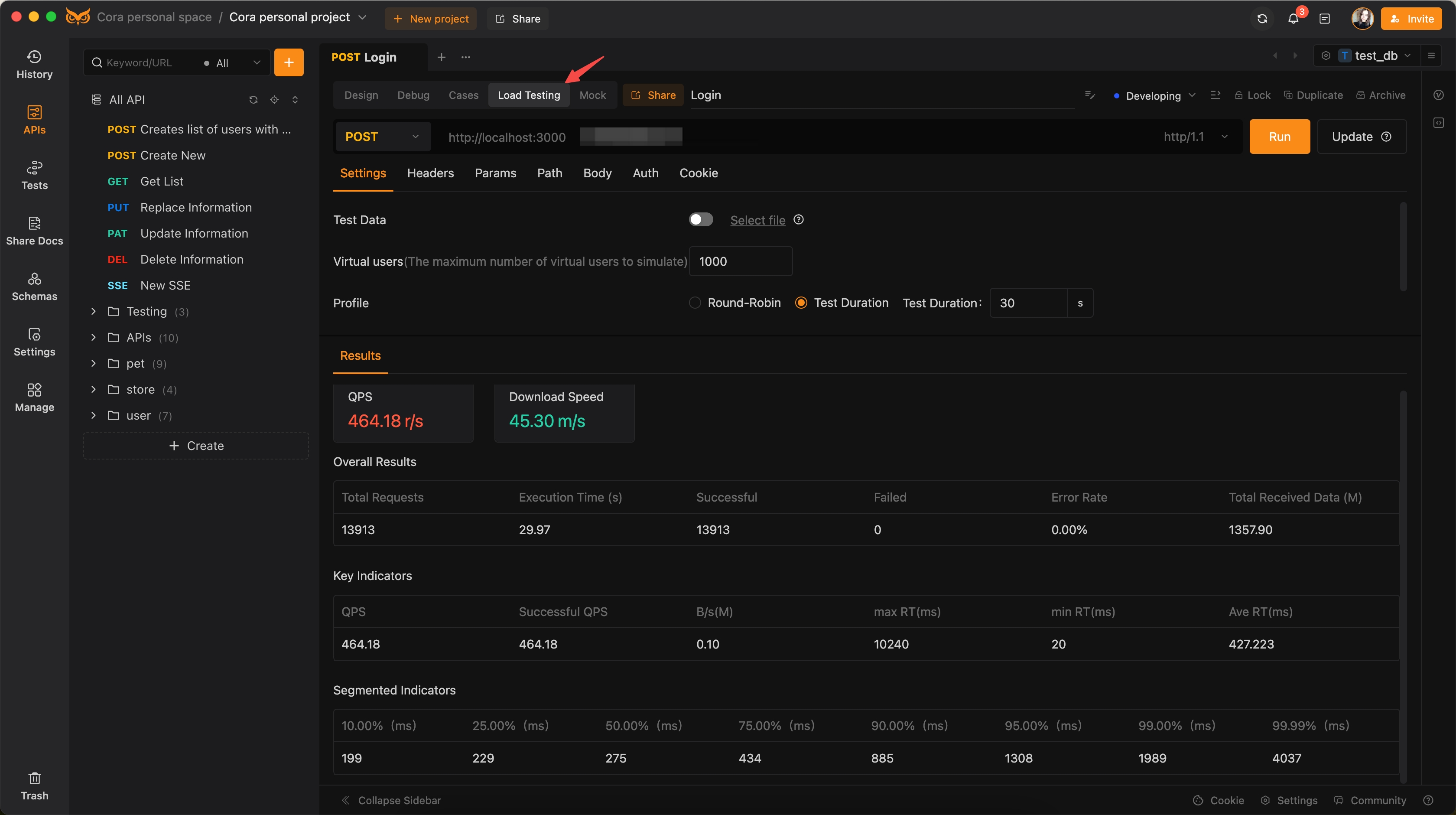
- Integration with Popular IDEs:
As a backend developer primarily using IntelliJ IDEA and VS Code, EchoAPI’s plugins (EchoAPI for IntelliJ IDEA and EchoAPI for VS Code) have been game-changers. I can now directly debug and test APIs from within my development environment while working offline. The integration is seamless and lightweight, without taxing my system resources.
EchoAPI for IntelliJ IDEA
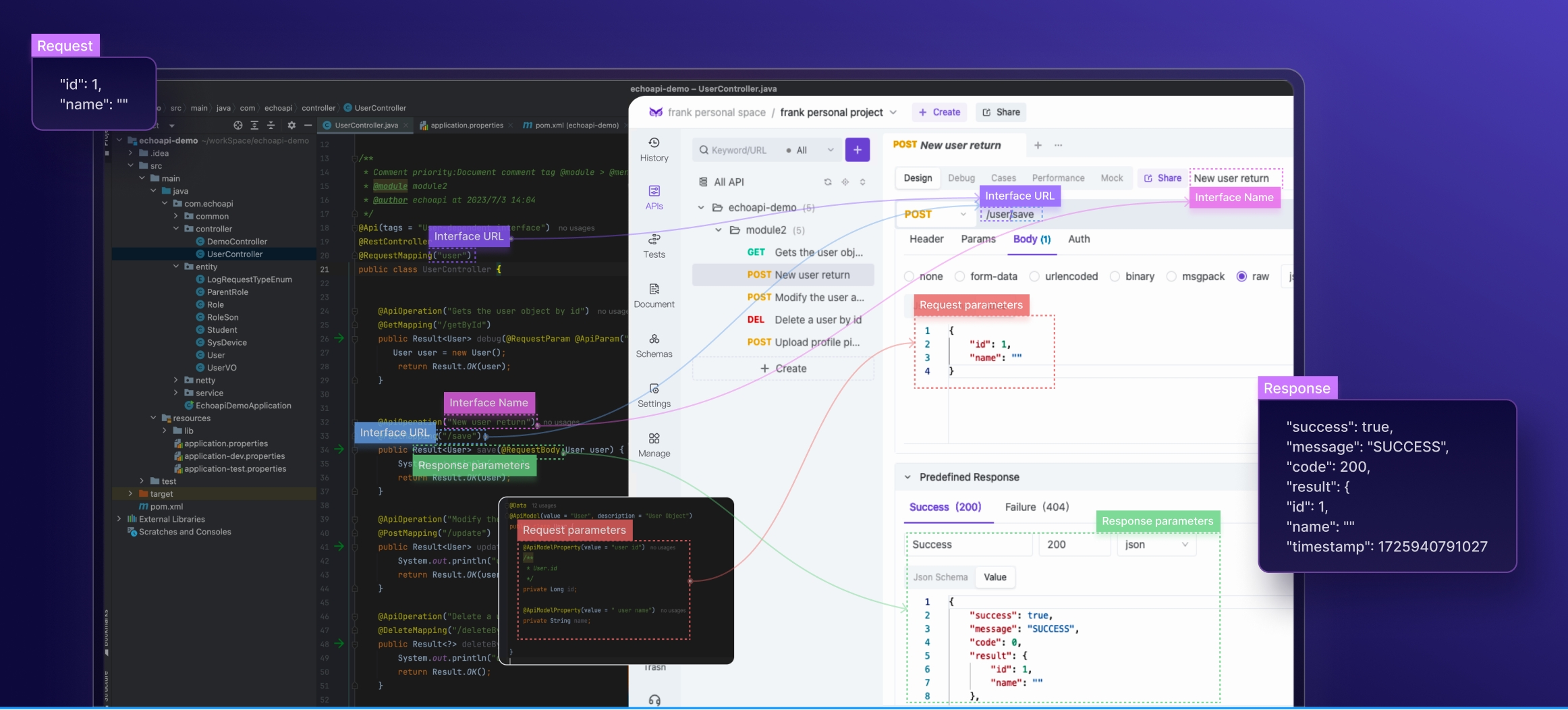
EchoAPI for VS Code
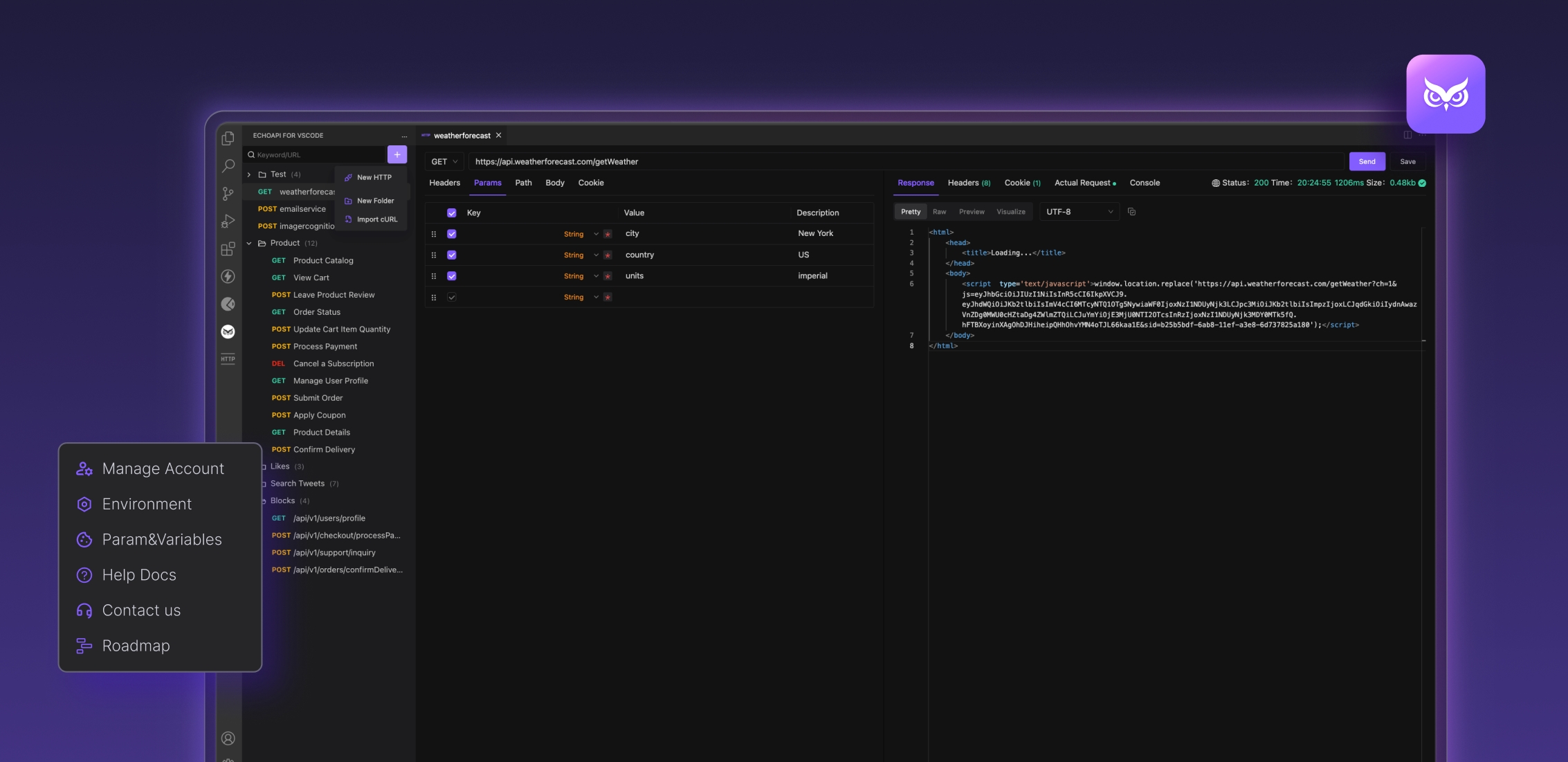
User-Friendly Interface
EchoAPI’s intuitive UI reduces the learning curve significantly. Its clean and well-organized interface enables quick navigation and efficient API management, allowing me to focus on productivity rather than learning the tool.
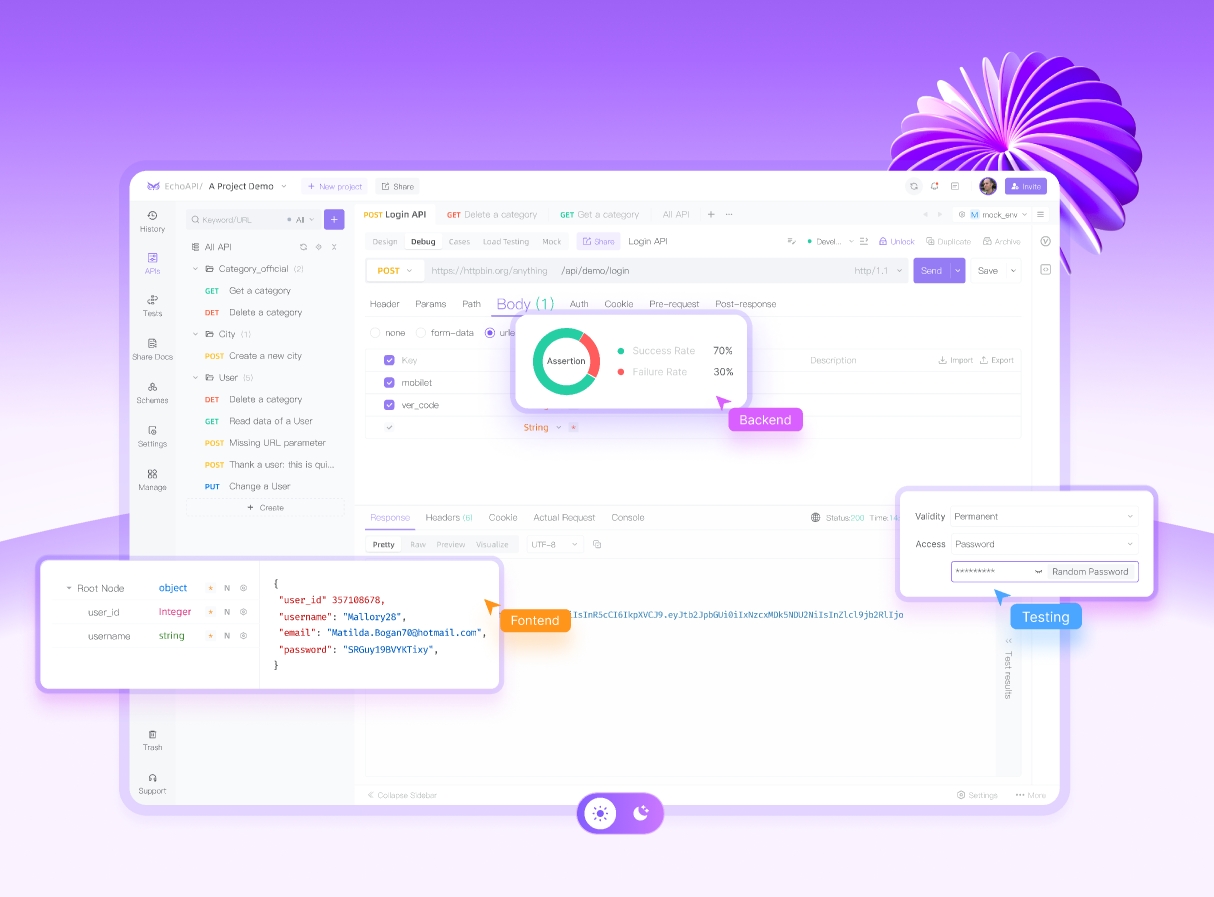
Conclusion
In conclusion, EchoAPI has proven to be an indispensable tool for developers in need of a robust offline API testing platform. It addresses the key concerns associated with Postman’s current iteration, providing a secure, efficient, and developer-friendly alternative. Its ability to integrate seamlessly with popular IDEs, support for performance testing, and user-friendly interface reduce both the learning curve and overhead costs. EchoAPI stands out as a perfect solution for developers prioritizing offline capabilities without compromising functionality or performance.
Switching to EchoAPI has truly streamlined my workflow, allowing me to focus more on developing and less on dealing with tool limitations. If you find yourself facing similar challenges with Postman’s online dependency, I highly recommend giving EchoAPI a try. 👍🚀




 EchoAPI for VS Code
EchoAPI for VS Code

 EchoAPI for IntelliJ IDEA
EchoAPI for IntelliJ IDEA

 EchoAPl-Interceptor
EchoAPl-Interceptor

 EchoAPl CLI
EchoAPl CLI
 EchoAPI Client
EchoAPI Client API Design
API Design
 API Debug
API Debug
 API Documentation
API Documentation
 Mock Server
Mock Server








